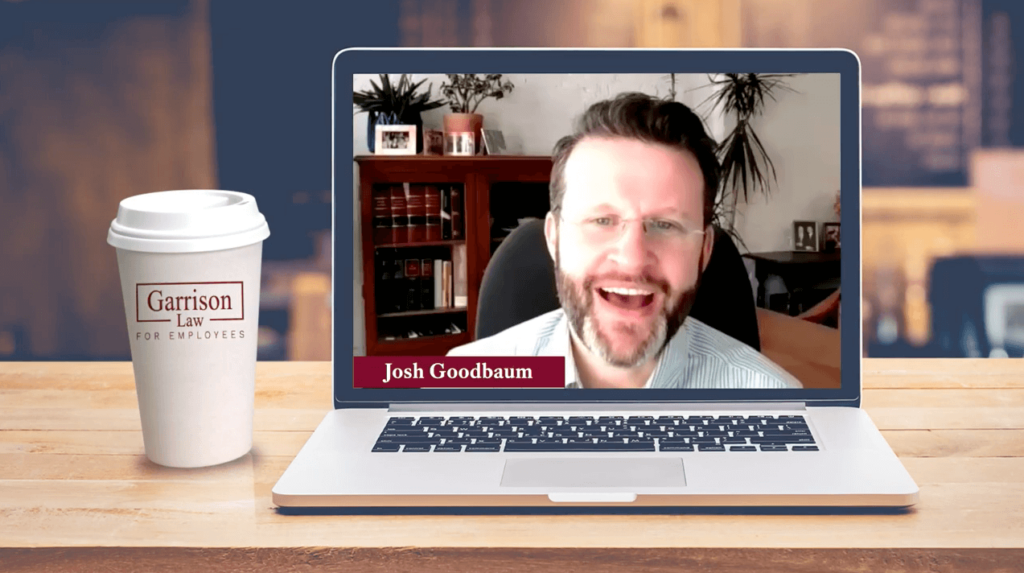Amanda DeMatteis: Hi, Josh.
Josh Goodbaum: Hi, Amanda. What are we talking about today?
DeMatteis: I thought we would talk about caste discrimination. I heard this come up in a recent New York Times podcast. Caste discrimination has been outlawed in both India and Nepal for decades, but it’s making some waves in the U.S. What can you tell us about that?
Goodbaum: Well, for those who don’t know, caste, spelled c-a-s-t-e, is a system of social and religious hierarchy that is, or was, prominent in the Hindu religion, which is the largest religion in South Asia. You might have heard the term “untouchables.” That is a derogatory term that refers to members of the lowest caste in certain Hindu societies.
And as you said, caste discrimination — discrimination by people of a higher caste against members of the lower caste — has been outlawed in countries in South Asia for more than 70 years. And now there are calls in the U.S. to do the same – that is, to add caste to the other categories of protected characteristics, like sex and race and national origin and disability status, religion — I could go on — that are already protected in our laws in the areas not only of employment but also in housing and public accommodations and others.
The folks who are advocating for these laws say the discrimination is real, that caste discrimination is a thing that occurs; and they want these new laws to draw attention to this issue. And they were able to push a law through — these advocates — through the California legislature and put a bill banning caste discrimination on the desk of California Governor Gavin Newsom.
But those who oppose these bills, including the one in California, say that this type of discrimination is actually pretty rare, that it’s all already covered by existing laws that prohibit discrimination on the basis of, among other things, national origin and religion, and that it actually would result in discrimination, not impede discrimination. And that’s because it would paint South Asians, and Hindus in particular, as people who only care about caste and suggest that they are a bigoted group. And it seems like those folks who oppose these sorts of laws were able to make their case persuasively enough to Governor Newsom that he vetoed the legislation in California.
So, there are a few cities or counties that have bans on caste discrimination. We don’t yet in Connecticut, but what Connecticut employees who think they might be experiencing caste discrimination need to know is that likely Connecticut law already prohibits caste discrimination. And so if you think you were subjected to caste discrimination, consider reaching out to an employment lawyer or filing a claim with the Connecticut Commission on Human Rights and Opportunities.
DeMatteis: Really good to know. Thank you, Josh. As a quick aside, we see so many of these laws popping up in California first. Why?
Goodbaum: California is really on the forefront of protections for employees in a variety of ways. So that’s something to be admired for us who represent employees. And it’s interesting to look to California because what California is doing now, many other states might be doing a few years later and maybe the country will follow, who knows?
DeMatteis: Almost an insight as to what’s to come in Connecticut. Thank you so much, Josh, and thank you for watching. Take care.

